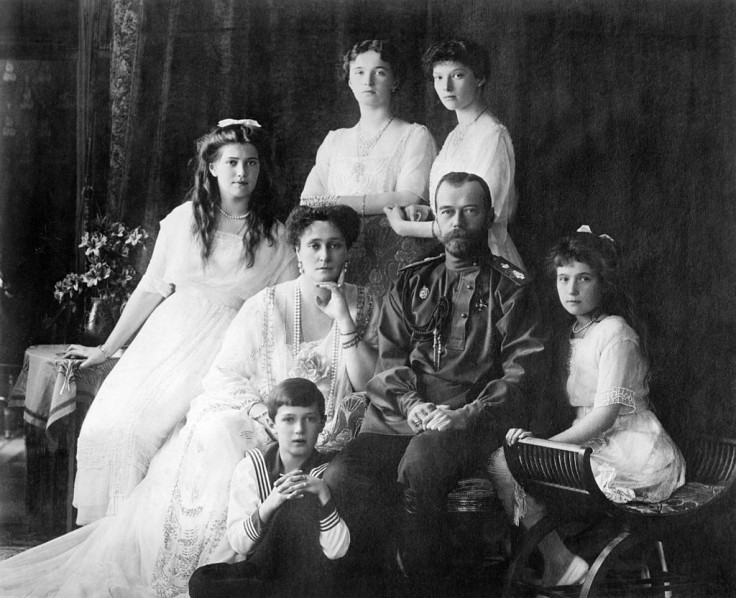Exhumed remains of Tsar Nicholas II: 'Many, many doubts persist' claims Orthodox church

The Orthodox Church will accept the exhumed remains the Russian royal family as holy relics if they are found to be genuine, church spokesman Vsevolod Chaplin has said. The remains of Tsar Nicholas II and his wife, Alexandra, were exhumed as investigators re-examine their murder in 1918 after the Bolsheviks seized power.
"The decision depends on how compelling the results of the research will be," Chaplin told the Russian News Service, and insisted that "many, many" doubts exist on the authenticity of the remains. The last tsar and his family are regarded as saints by the church, and definitive proof will be required before the remains are accepted as relics, he said.
"At the moment, there is no change in the position of the Russian Orthodox Church. It is necessary to conduct additional studies," he told the news agency.
The remains of the tsar and tsarina and three of their daughters were laid to rest in the Peter and Paul Cathedral, St Petersburg, on 17 July, 1998, the 80th anniversary of their murder.
Their remains were authenticated by DNA tests in 1998, after being found in the Urals in 1991. The remains of tzarevich Alexei and his sister Maria were found nearby in 2007, and subsequently authenticated.
They were due to be buried alongside the rest of the family in October, but at the request of the Orthodox Church, the Russian Investigative Committee said it would exhume the remains of the tsar and tsarina and also submit the remains of Alexei and Maria to further tests.
The remains of Alexandra and the children will be tested using those of her sister, Grand Duchess Elizabeth Feodorovna, which Russian investigators only recently gained permission to access. Bloodstains from the uniform of Alexander II, Nicholas II's grandfather, who was assassinated by anarchists in 1881, will also be examined. Newly discovered information from a 1918-1924 study by the White Guards, who fought the Bolsheviks, will also be taken into account by investigators.
© Copyright IBTimes 2025. All rights reserved.






















